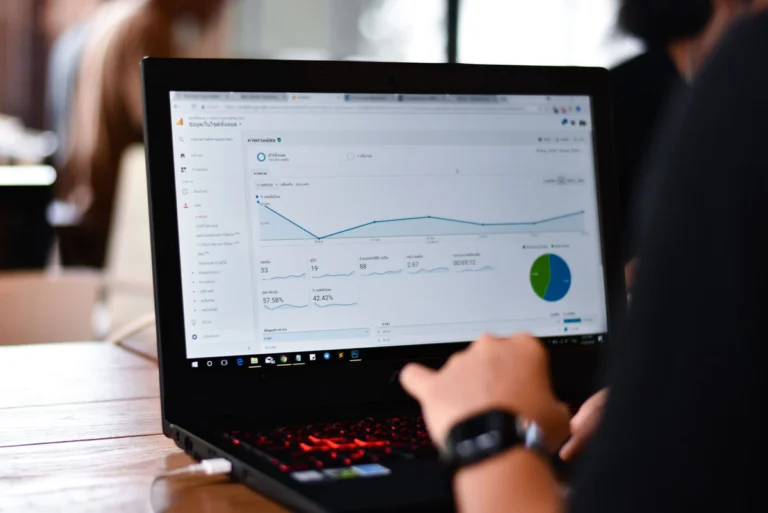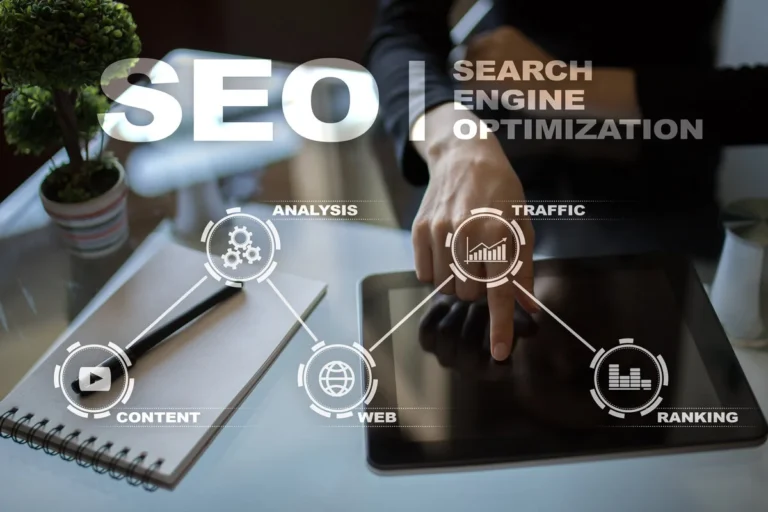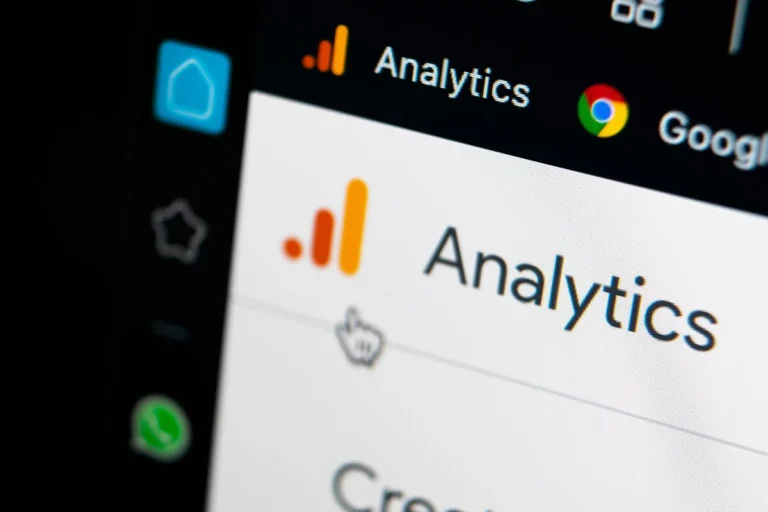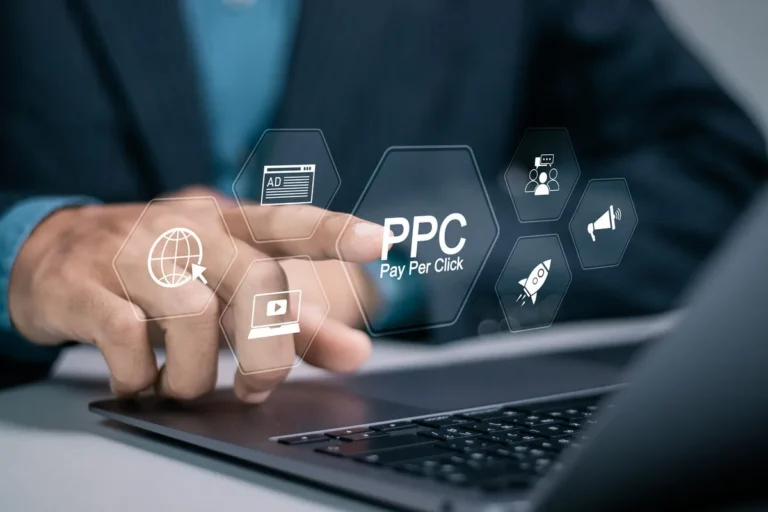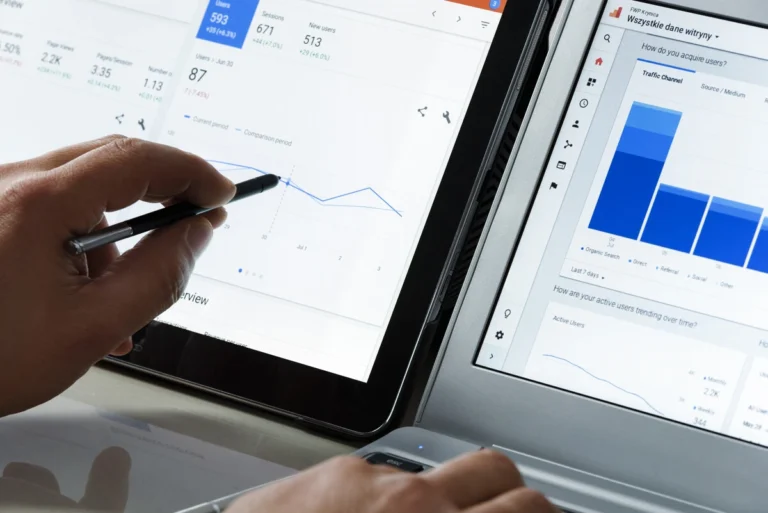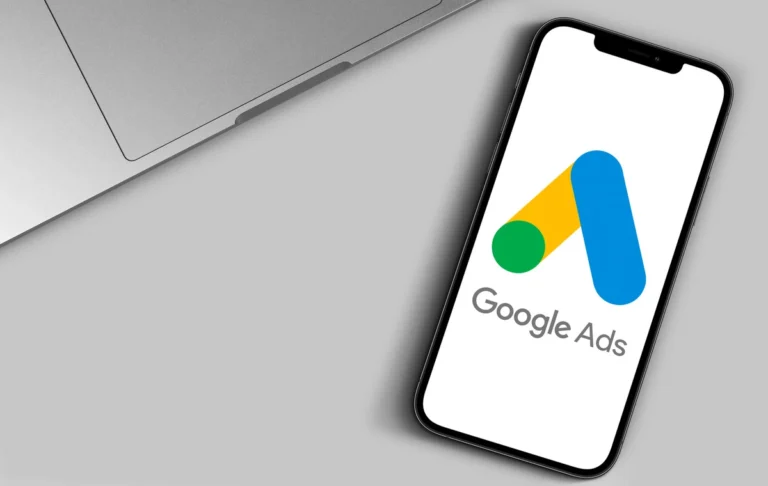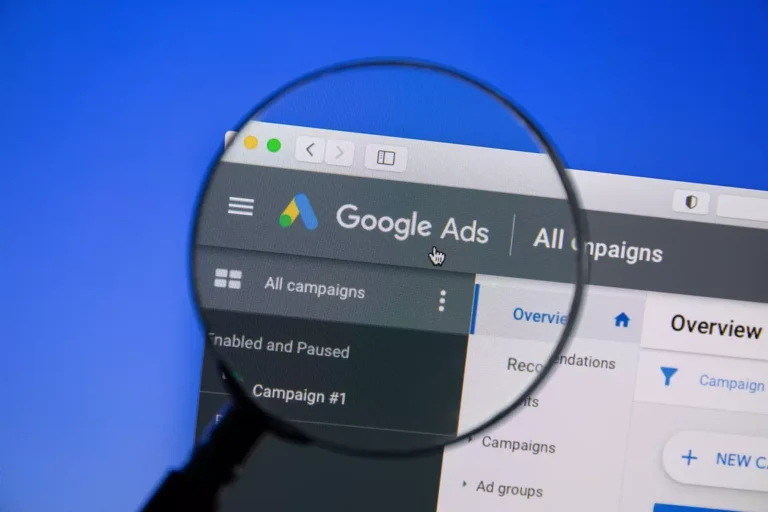What Is The Difference Between CPC And PPC?
Understanding the relationship and differences between CPC and PPC is vital for businesses seeking to enhance their digital marketing strategies. While often used interchangeably, these terms refer to distinct elements of online advertising.
Definition of CPC
CPC, or cost-per-click, is a metric that measures the cost an advertiser pays each time a user clicks on their ad. This metric is fundamental to evaluating the effectiveness of an ad campaign, as it directly correlates advertising spending with user engagement. The lower the CPC, the more cost-effective the campaign is considered to be.
Definition of PPC
PPC, or pay-per-click, is a broader advertising model where businesses pay each time their ad is clicked. This model encompasses various forms of online advertising, including search engines, social media, and display advertising. The PPC model is integral for businesses aiming to drive targeted traffic to their websites and generate leads or sales efficiently.
How CPC and PPC are Used in Digital Marketing
In digital marketing, PPC campaigns are designed to maximize visibility and attract clicks, as businesses are charged based on user interaction. Conversely, understanding CPC helps advertisers refine their budget allocation and bid strategies to ensure they are achieving their desired returns on investment. For instance, a company might use PPC on Google Ads to place their product at the top of search results but will closely monitor their CPC to optimize spending and improve campaign performance.
Examples of CPC and PPC Usage
An example of PPC usage can be seen in Google Ads, where advertisers bid on keywords to display their ads prominently in search results. They only pay if a user clicks on their ad, hence the term pay-per-click. On the other hand, analyzing CPC allows businesses to determine whether to adjust bids, refine ad copy, or target different keywords to lower costs and boost performance. Find out how much should you pay for PPC.
By clearly distinguishing between CPC and PPC, businesses can effectively tailor their advertising strategies to maximize both reach and cost-efficiency.
What Does CPC Mean In Google Analytics?
In the realm of Google Analytics, Cost-Per-Click (CPC) is a crucial metric that signifies the amount you pay for each click received on your advertisements. It is essential to understand that CPC is not merely a static figure but a dynamic one, highly dependent on various competitive factors in an auction-based advertising system.
Understanding CPC in the Context of Google Analytics
The term CPC in Google Analytics describes the cost-efficiency of your online advertising campaigns. Each click represents a potential customer’s engagement with your ad, signifying that effective campaigns often balance a low CPC with high engagement rates. Within Google Analytics, you can track CPC under the “Acquisition” reports, which allow you to see how your paid traffic is performing compared to other channels.
How CPC is Calculated
The CPC formula is straightforward: CPC = Total Cost of Clicks / Number of Clicks. This formula provides a clear picture of how much your business spends to earn each click. Accurately calculating your CPC is important for budgeting and ROI analysis, enabling you to adjust your advertising strategies in real time based on campaign performance.
Importance of CPC in Measuring Ad Performance
Monitoring your CPC is vital as it can help you determine which keywords, ad groups, or campaigns are the most cost-effective. A low CPC paired with high-quality leads is often indicative of well-optimized ad campaigns. Additionally, consistent CPC monitoring aids in identifying costly inefficiencies that could erode your advertising budget without yielding significant returns.
CPC Insights from Google Analytics Reports
Through Google Analytics reports, you receive insights into your campaign-specific CPC. These insights allow you to refine targeting, optimize keywords, and adjust bidding strategies to enhance overall ad efficiency. The granular data offered helps in making informed decisions, ensuring your campaigns are both cost-efficient and effective in reaching your PPC marketing goals.
What Is The Difference Between Cost-Per-Click And Cost Result?
Understanding the difference between cost-per-click (CPC) and cost-per-result is crucial for businesses aiming to maximize the return on their advertising spend. Each metric offers unique insights into different aspects of an ad campaign’s performance.
Definition of Cost-per-Click (CPC)
CPC is an advertising metric that measures the cost an advertiser pays for each click on an ad. This metric is primarily used in pay-per-click (PPC) advertising models, where advertisers are charged only when their ad is clicked. CPC helps in evaluating how effectively an ad drives traffic to a website.
Definition of Cost per Result
On the other hand, cost per result is a broader metric that encompasses the cost an advertiser incurs for achieving a specific desired outcome, such as a purchase, sign-up, or any other conversion action. This metric helps advertisers understand the financial efficiency of their campaigns beyond just click-throughs, providing a more comprehensive view of campaign performance.
Scenarios Where Each Metric is Applied
CPC is often utilized in campaigns aimed at driving traffic, enhancing visibility, and brand awareness. It’s particularly useful for gauging the initial engagement levels that an ad generates. Cost per result, however, is more applicable in performance-driven campaigns where the goal is to achieve tangible outcomes like sales or leads. By focusing on the end result, this metric helps businesses measure the real impact of their marketing efforts.
Comparative Analysis
While both metrics are important, CPC allows businesses to control their advertising costs more granularly. It is a key performance indicator for campaigns aimed at driving traffic. In contrast, cost per result provides deeper insights into the overall ROI of a campaign by evaluating the cost-effectiveness of achieving specific business objectives. By understanding these nuances, businesses can tailor their strategies to focus on the metrics that align with their goals, whether it’s generating clicks or achieving specific actions.
What is PPC in Google Analytics?
Definition of PPC
PPC, or Pay-Per-Click, is a digital marketing model wherein advertisers pay a fee each time their ad is clicked. It’s a way of buying visits to your site rather than attempting to earn those visits organically. PPC is an essential component of digital marketing strategies for many businesses seeking growth.
Tracking PPC Campaigns in Google Analytics
Google Analytics offers robust tools to track PPC campaigns. By integrating Google Analytics with Google Ads or other ad platforms, businesses can gain valuable insights into their campaign performance. Tracking involves monitoring click-through rates, conversion rates, and other key performance indicators (KPIs) to understand how well your PPC campaigns are performing.
Google Analytics utilizes UTM parameters to tag PPC ads, enabling detailed tracking of where your traffic is coming from and which ads are generating the most engagement. This level of tracking helps you identify which keywords and ad copies are most effective, allowing for data-driven decision-making.
Benefits of Analyzing PPC Data
Analyzing PPC data in Google Analytics provides several benefits, including a comprehensive understanding of your audience’s behavior, pinpointing high-performing keywords, and identifying areas for improvement. Leveraging these insights can significantly enhance your marketing strategies, leading to better ROI.
Additionally, Google Analytics allows you to set up specific goals and funnels to track user interactions from your PPC campaigns through to conversion. This means you can see exactly which ads lead to desired actions on your site, such as purchases or sign-ups.
Using PPC Reports to Optimize Marketing Strategy
Google Analytics offers a plethora of reports that can be used to optimize PPC campaigns. From assessing the performance of different ad groups to evaluating the efficiency of your landing pages, these reports provide actionable insights. Businesses can use this data to refine targeting, adjust bids, and improve ad copy to maximize campaign effectiveness.
For instance, analyzing the Audience Overview report can help you understand the demographics and interests of those engaging with your ads. Meanwhile, the Acquisition report shows which channels are driving the most traffic and conversions, allowing you to allocate your budget more efficiently.
In the constantly evolving digital marketing landscape, working with an agency that understands how to efficiently leverage PPC campaigns in conjunction with CRM data is essential for growth. Bohu Digital is here to help you navigate these complexities. Start your journey with a free consultation from us, and let’s grow your revenue together, step by step.
K

